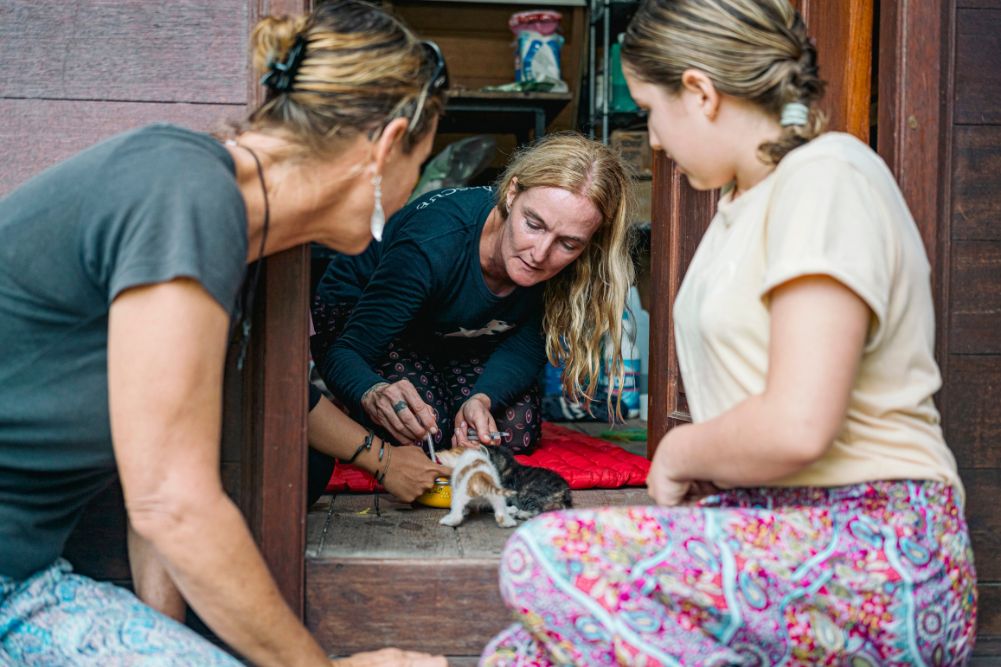The state of environmentally friendly farming globally
Unsustainable agricultural practices have a negative impact on the environment. Some of the environmental damage caused by negative farming practices are the loss of habitat and wildlife; pollution of soil, water and air; and climate change. For a long time, the pressure has been on the farming community to develop more sustainable practices for farmers and the environment. This kind of healthy farming practice is called sustainable intensification — a term first coined by Jules Pretty, a professor of environment and society at the University of Essex in England. He used the term in a 1997 study of African agriculture. Now Pretty and a group of researchers have discovered that farmers all over the world have a come a long way in their farming practices, especially in less developed countries, and nearly one-third of the world’s farms have adopted sustainable intensification methods.
The researchers found that from 47 sustainable intensification initiatives at scale, approximately 163 million farms practised forms of sustainable intensification on 9 per cent of world's the total agricultural land.
Sustainable intensification includes various practices including organic farming that use land, water, biodiversity, labour, knowledge and technology to grow crops while reducing negative environmental impact. The researchers found that nearly one-tenth of the world’s farmland adopted and practised some form of sustainable intensification often with significant results.
For this study, the researchers used scientific publications and data sets to screen about 400 sustainable intensification projects, programs and initiatives around the world. They chose only those farms that implemented sustainable intensification on more than 10,000 farms or 10,000 hectares, or nearly 25,000 acres. The researchers focussed their study on seven sustainable intensification sub-types: integrated pest management, conservation agriculture, integrated crop and biodiversity, pasture and forage, trees, irrigation management and small or patch systems.
The researchers found that from 47 sustainable intensification initiatives at scale, approximately 163 million farms (29 per cent of all farms worldwide) practised forms of sustainable intensification on 453 Mha of agricultural land (9 per cent of the worldwide total). They found that sustainable intensification has shown increased productivity, raised system diversity, reduced farmer costs, reduced negative externalities and improved ecosystem services. The findings noted that less developed countries saw the largest improvements in productivity, while industrialised countries had more increases in efficiency or lower costs with some reductions in crop and livestock yields while minimising harm to ecosystem services. The key challenges faced by farmers include investment to integrate more forms of sustainable intensification in farming systems, creating agricultural knowledge economies and establishing policy measures to scale sustainable intensification further.
The researchers conclude that sustainable intensification has reached a tipping point where it can be more widely adopted by government incentives and policies to be truly transformative for farmers and the environment.
Source: Nature Sustainability








